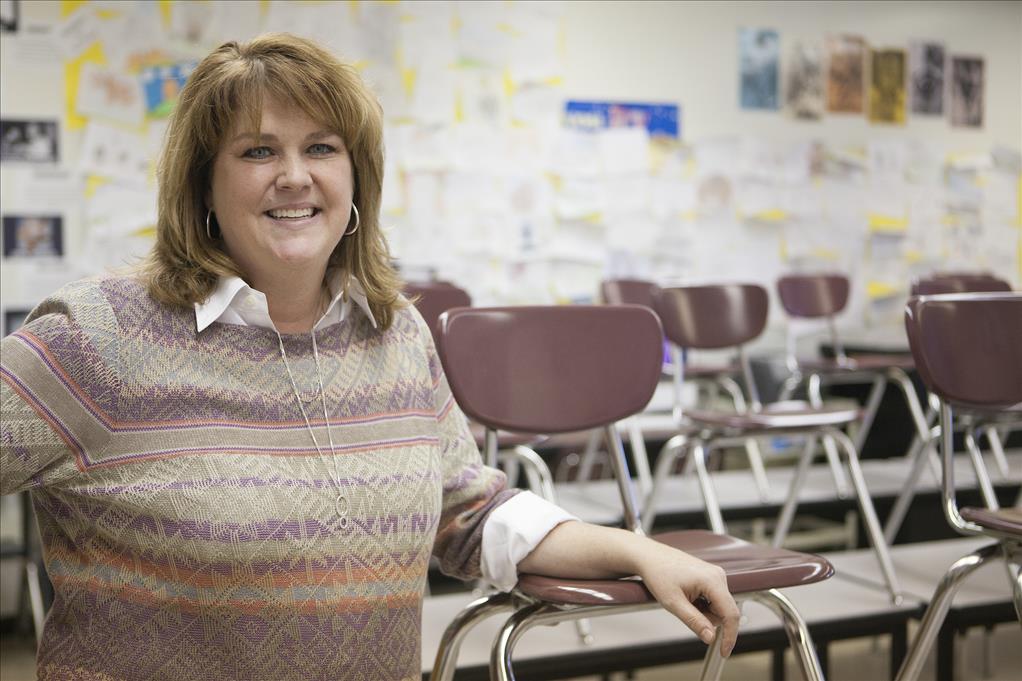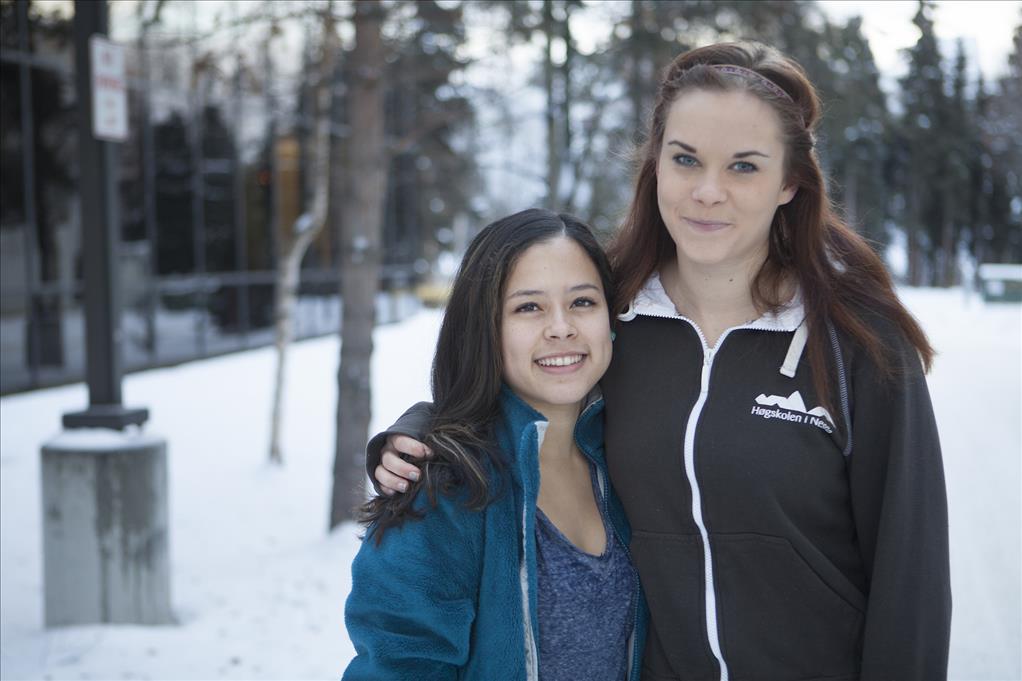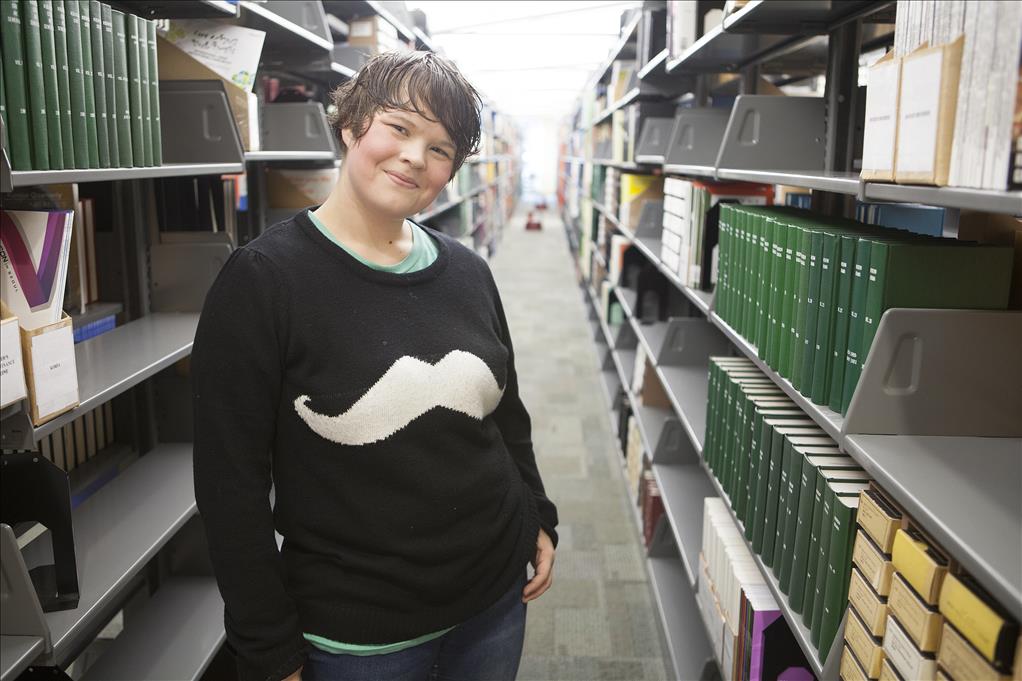Bringing the tables of Istanbul to the screen
by Jamie Gonzales |
Last Friday Dr. Zeynep Kilic, an assistant professor of sociology at UAA, was putting the finishing touches on a grant proposal that could pave the way for her next sociological research project, a documentary film exploring food and cultural identity in her native Turkey.
"I've been going back for 20 years now," she said. "And when I go there the changes appear very stark to me."
Famous food personalities on television, an obsession with food writing, a slow food movement, celebrated big-name chefs, all the trappings of America's obsession with food were starting to trickle over to Turkey.
"When I was young there was no such thing as a famous chef on TV," she said. "I was interested to see how the landscape of food has been transformed not just by globalization and technology but also by social class and ethnicity."
To find the epicenter of these shifting perspectives on food, Kilic has her sights set on Turkey's largest city.
"Istanbul is a 15-16 million person metropolis where most of our religious minorities live, where most of the ethnic, rural people have to migrate to to find jobs, so they're living at the outskirts of Istanbul," Kilic said. "This is where international business, art, everything comes colliding together. It's also the only place on Earth where the city is on both continents. It's literally a crossover."
A UAA faculty development grant sent her to Istanbul last summer to do preliminary research and she'll begin shooting the documentary this summer. Until then, she'll be busy teaching UAA students the fundamentals of sociology and writing grant proposals.
So why choose film?
"A documentary reaches more people and engages more people in conversation. We can write papers, but only people in academia read them," she said. "I feel like this is the kind of topic that lends itself well to connecting to mainstream audiences and seeing how they interpret those things. Food is such a lived experience."
Her title for the project is, fittingly, a mouthful: "From Slums to the Bosphorus, From the Synagogue to the Mosque, From Ottoman Palace to McDonald's, Tables of Istanbul."
On Kilic's list of interviewees are people who study food as an academic topic, those who approach food as business (chefs, food bloggers, etc.), the people who see food as a cause (NGOs working on health promotion) and finally the regular folks for whom food is just lived experience. What do they cook and eat? What is Turkish cuisine for them?
"The idea is to have snapshots of different tables in Istanbul, different kinds of things that appear on those tables and different conversations that happen at those tables," said Kilic. "Or maybe they're the same conversations, I don't know. That's yet to be seen."
It's important to leave room for your field research to guide you into uncharted territory, Kilic emphasized.
Once post-production is complete-she's anticipating a two- to three-year project-the documentary will be entered into international film festivals, something Kilic has some personal experience with, having organized festivals and speakers as a graduate student in Arizona.
She'd welcome the opportunity to screen the film at Anchorage's own international film festival. Most importantly, though, she wants to see her finished project have some legs.
"I'm hoping this documentary can reach a million people. There is a lot of interest politically in the Middle East right now. Even though this has nothing to do with politics, people are thinking more and more about that part of the world," Kilic said. "Giving them a different way of recognizing who these people are and what they do and how they think, in many ways I'm guessing it's going to resonate with the way people think about food here."
Written by Jamie Gonzales, UAA Office of University Advancement.
 "Bringing the tables of Istanbul to the screen" is licensed under a Creative Commons Attribution-NonCommercial 4.0 International License.
"Bringing the tables of Istanbul to the screen" is licensed under a Creative Commons Attribution-NonCommercial 4.0 International License.















